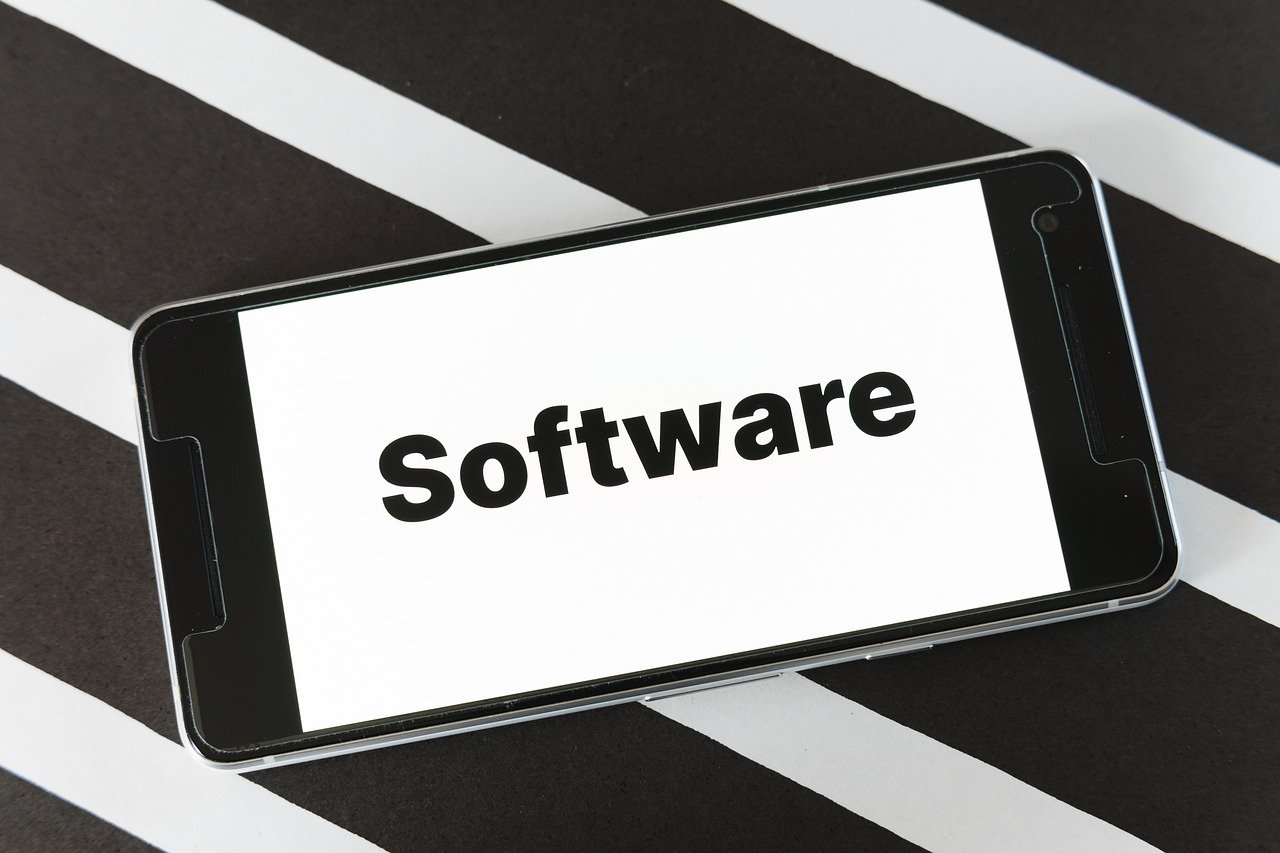Your Every Move Is Noticed by Apps

Open your phone right now and chances are, at least five apps know where you slept last night, where you shopped last week, and maybe even what you had for lunch. This isn’t paranoia—it’s the reality of app tracking in 2025. Apps collect everything from your location to your browsing habits, building digital profiles so detailed it’s almost scary. Many people don’t realize just how much data is quietly scooped up in the background. The worst part? Most of it happens with your silent permission, buried under complicated terms and sneaky permission pop-ups. It’s no wonder more people feel exposed and frustrated. If you care about your personal information, it’s time to fight back and reclaim your privacy.
Why Permissions Matter More Than You Think
Every app you download asks for permissions, but do you ever wonder why a flashlight app wants access to your contacts? Each permission is like opening a tiny window into your life, and the more windows you unlock, the easier it is for apps to peek in. Some permissions, like camera or microphone, are obvious, but others, like access to your phone’s storage or location, can lead to constant background tracking. Many users tap ‘Allow’ just to get started, never realizing they’ve handed over the keys to their digital house. Reviewing permissions isn’t just a technical step—it’s a crucial act of self-defense in a connected world. The next time an app asks for more than it needs, ask yourself: is convenience worth your privacy?
How to Outsmart Android App Trackers
Android makes it surprisingly easy to see which apps are snooping where they shouldn’t. Head to Settings, tap Privacy, and then dive into Permission Manager. Here you’ll find a breakdown of what’s being shared—location, contacts, camera, and more. Revoking unnecessary permissions can be as satisfying as decluttering your closet. Some apps will complain or nag you, but most will function fine with fewer privileges. Take five minutes every month to check this menu. It’s a simple habit that can stop silent data leaks and leave trackers in the dark. Remember, your phone should work for you—not the advertisers.
Defending Your Privacy on iOS Devices

Apple has made privacy a headline feature, especially since iOS 14. The “Ask App Not to Track” popup now greets you whenever a fresh app wants to follow you around. Visit Settings, tap Privacy, and explore options like Location Services, Tracking, and Analytics. Here you can toggle off tracking for individual apps or all at once. Even the most persistent apps have to respect your choices, thanks to Apple’s rules. If you see anything you don’t recognize or trust, turn it off. It’s empowering to know you can shut the door on nosy apps with just a few taps.
Built-in Tools That Shut Down Trackers
Both Android and iOS have ramped up their anti-tracking arsenal. On iPhones, App Tracking Transparency puts control in your hands—apps must ask before following you across other apps and sites. On Android, Google’s Privacy Dashboard and Play Protect expose which apps access your data, and when. These dashboards are like security cameras for your digital life. They won’t catch every sneaky move, but they shine a light on the worst offenders. Make a habit of checking these features after installing new apps. It’s a fast way to spot trouble and slam the brakes on unwanted tracking.
The Hidden Power of Using a VPN
Think of a VPN like a cloak of invisibility for your online life. When you connect, it scrambles your location and encrypts your web traffic, making it much harder for apps and marketers to follow your trail. VPNs aren’t magic, but they add a strong layer of defense, especially on public Wi-Fi or when using apps that resist privacy settings. Not all VPNs are created equal—look for ones with no-logs policies and good reputations. Once you’ve tried it, you’ll feel the difference knowing your digital footsteps are hidden from prying eyes.
Updates Are Your First Line of Defense

It’s tempting to ignore those “update available” notifications, but every missed update is a potential door left open for trackers. Developers patch security holes and add privacy features with each release. Outdated apps can collect more data than they should, or even have bugs that leak information. Make it a habit to update apps regularly—set your phone to update automatically if possible. You’ll get new features too, but more importantly, you’ll shut down security gaps that could leave your personal data exposed.
Cut the Dead Weight and Unused Apps

Every app you install is another possible window into your private world—even if you never open it again. Old or abandoned apps continue to run in the background, collecting location data and syncing your contacts. Take a few minutes to scroll through your app list and be ruthless. If you don’t use it, delete it. Not only will you reclaim storage space and boost performance, but you’ll also reduce the number of apps that could be spying on you. Less is more when it comes to digital privacy.
Switch to Apps That Respect Your Privacy

If you’re tired of feeling watched, consider switching to privacy-first apps. There are alternatives for nearly every service—search, maps, messaging, and more—that don’t track you for profit. Options like Signal for messaging or DuckDuckGo for browsing put privacy before advertising. Using these alternatives can feel like switching from a crowded mall to a quiet park—no one’s watching or recording your every move. It’s a small change that can make a big difference in your sense of digital freedom.
Stay Sharp and Keep Learning About Privacy

App makers are clever, and tracking tactics evolve fast. Staying safe means staying informed. Read blogs, follow privacy news, and stay curious about new settings on your phone. The more you know, the harder it is for apps to slip past your defenses. Don’t be afraid to ask questions or dig into privacy statements. Every bit of knowledge is another shield against unwanted surveillance. Taking control of your data is a journey, and every step counts.


